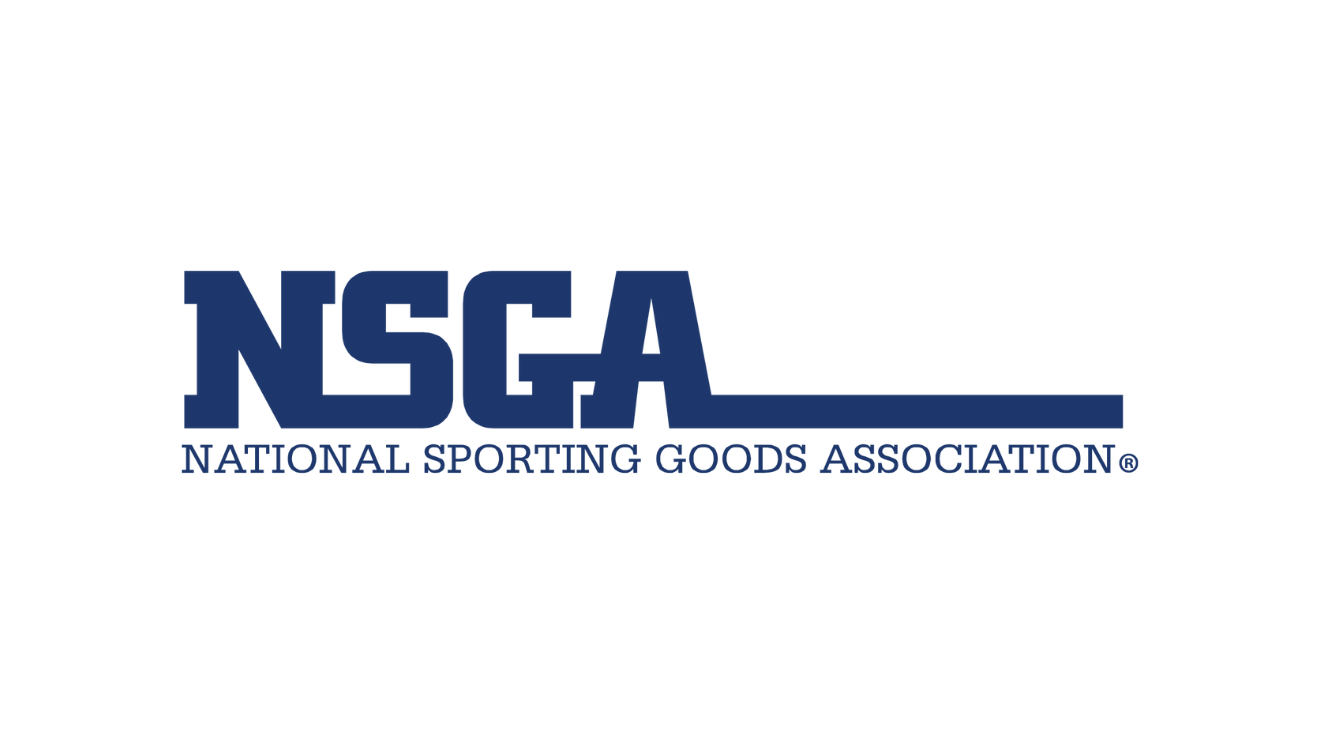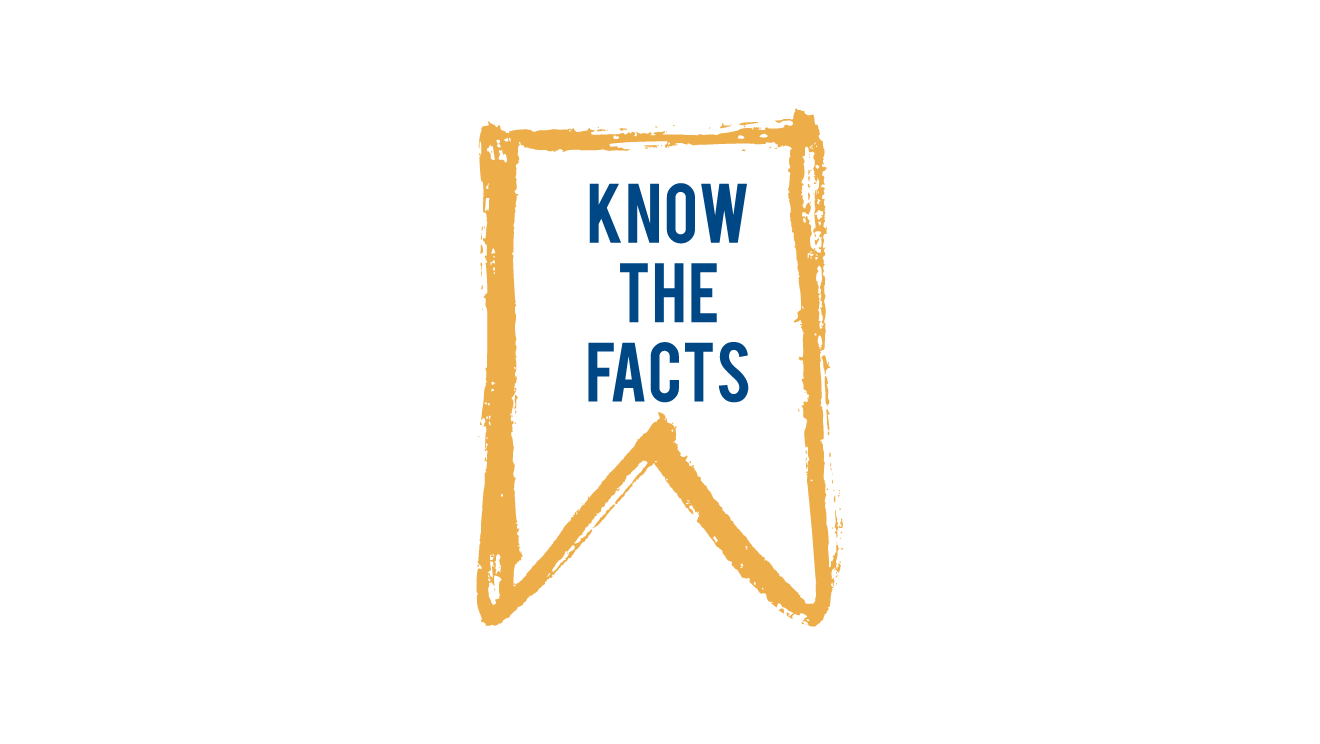Please Note: This document is updated with new information as it becomes available and includes an August 20 ruling by a Texas judge that stops the FTC ruling from taking effect.
April 23 – FTC Issues Final Rule Banning Use of Non-Competes
The Federal Trade Commission (FTC) issued a final rule on April 23, 2024 to ban the use of non-compete agreements nationwide by a 3-2 vote. The ruling is scheduled to go into effect on Sept. 4, 2024 but has been subject to a pair of legal challenges in Texas and Pennsylvania.
“Noncompete clauses keep wages low, suppress new ideas, and rob the American economy of dynamism, including from the more than 8,500 new startups that would be created a year once non-competes are banned,” said FTC Chair Lina M. Khan in a statement from the Commission. “The FTC’s final rule to ban non-competes will ensure Americans have the freedom to pursue a new job, start a new business, or bring a new idea to market.”
The FTC estimates the final rule banning non-competes will lead to new business formation growing by 2.7% per year, resulting in more than 8,500 additional new businesses created each year. The final rule is expected to result in higher earnings for workers, with estimated earnings increasing for the average worker by an additional $524 per year, and it is expected to lower health care costs by up to $194 billion over the next decade. In addition, the final rule is expected to help drive innovation, leading to an estimated average increase of 17,000 to 29,000 more patents each year for the next 10 years under the final rule.
An estimated 30 million workers – nearly 1 in 5 Americans – are subject to a non-compete agreement, according to the FTC. Under the FTC’s new rule, existing non-competes for the vast majority of workers will no longer be enforceable after Sept. 4.
Existing non-competes for senior executives – who represent less than 0.75% of workers – can remain in force under the FTC’s final rule, but employers are banned from entering into or attempting to enforce any new non-competes, even if they involve senior executives. Employers will be required to provide notice to workers other than senior executives who are bound by an existing non-compete that they will not be enforcing any non-competes against them.
The FTC found that employers have several alternatives to non-competes that still enable firms to protect their investments without having to enforce a non-compete. Trade secret laws and non-disclosure agreements (NDAs) both provide employers with well-established means to protect proprietary and other sensitive information. Researchers estimate that over 95% of workers with a non-compete already have an NDA.
California, Minnesota, North Dakota and Oklahoma currently have full bans on non-competes.
May 28 – FTC Issues Guidance on Compliance with Non-Compete Ban
The FTC issued “Non-compete Clause Rule: A Compliance Guide for Businesses and Small Entities.”
Three steps to complying with the rule include:
- Do not include non-competes in future employment contracts, paperwork or websites.
- If you have active non-competes, give notice to those current and former workers who are not senior executives that their non-competes are unenforceable.
- Do not enforce existing non-competes going forward for workers other than senior executives.
The guide also provides a number of frequently asked questions on the issue.
Click here to view the entire compliance guide.
July 3 – Texas Federal Judge Rules Against Non-Compete Ban
A federal judge in Texas partially blocked the FTC’s ban on non-compete agreements from taking effect. U.S. District Judge Ada Brown blocked the FTC from enforcing the rule against a coalition of groups – including the U.S. Chamber of Commerce and a tax service firm.
Brown denied the request to block the rule nationwide and said she would issue a final ruling by Aug. 30.
Click here to read the full story from Reuters.
July 23 – Pennsylvania Federal Judge Rules in Favor of Non-Compete Ban
A federal judge in Pennsylvania rejected a company’s challenge to the FTC ban on non-compete contracts. Judge Kelley Brisbon Hodge said the FTC has clear legal authority to issue “procedural and substantive rules as is necessary to prevent unfair methods of competition.”
Hodge also felt the tree-trimming company failed to show it would suffer irreparable harm if the rule went into effect.
Click here to read the full story from Bloomberg Law.
August 15 – Florida Federal Judge Rules Against Non-Compete Ban
A federal judge in Florida became the second judge to rule that the U.S. Federal Trade Commission’s ban on non-compete agreements is not likely valid, according to a report by Reuters. On August 14, U.S. District Judge Timothy Corrigan in Ocala, Florida, blocked the FTC from applying the rule to a real estate developer, pending the outcome of the company’s lawsuit claiming the FTC lacked the power to adopt the ban.
About 30 million people, or 20% of U.S. workers, have signed noncompetes, according to the FTC. The commission enforces federal antitrust laws.
FTC spokesman Douglas Farrar said in a statement the limited nature of Corrigan’s ruling meant that the noncompete ban will still go into effect for most Americans on Sept. 4.
“The FTC will continue its fight to free hardworking Americans from unlawful noncompetes, which reduce innovation, inhibit economic growth, trap workers, and undermine Americans’ economic liberty,” he said.
August 20 – Texas Federal Judge Strikes Down Ban on FTC Non-Compete Agreements
U.S. District Judge Ada Brown of Texas stopped the U.S. Federal Trade Commission rule banning non-compete agreements from taking effect nationwide on Sept. 4, according to a report from Reuters. Brown previously denied the request to block the rule nationwide in early July.
Brown said the FTC doesn’t have the authority to ban practices it believes are unfair methods of competition by adopting broad rules.
“The Commission’s lack of evidence as to why they chose to impose such a sweeping prohibition … instead of targeting specific, harmful non-competes, renders the Rule arbitrary and capricious,” Brown wrote.
An FTC spokesperson said the agency is “seriously considering a potential appeal.”
Click here to read the full story from Reuters.
Topics
Non-competes FTC Pennsylvania Advocacy Texas




 Back
to News
Back
to News
